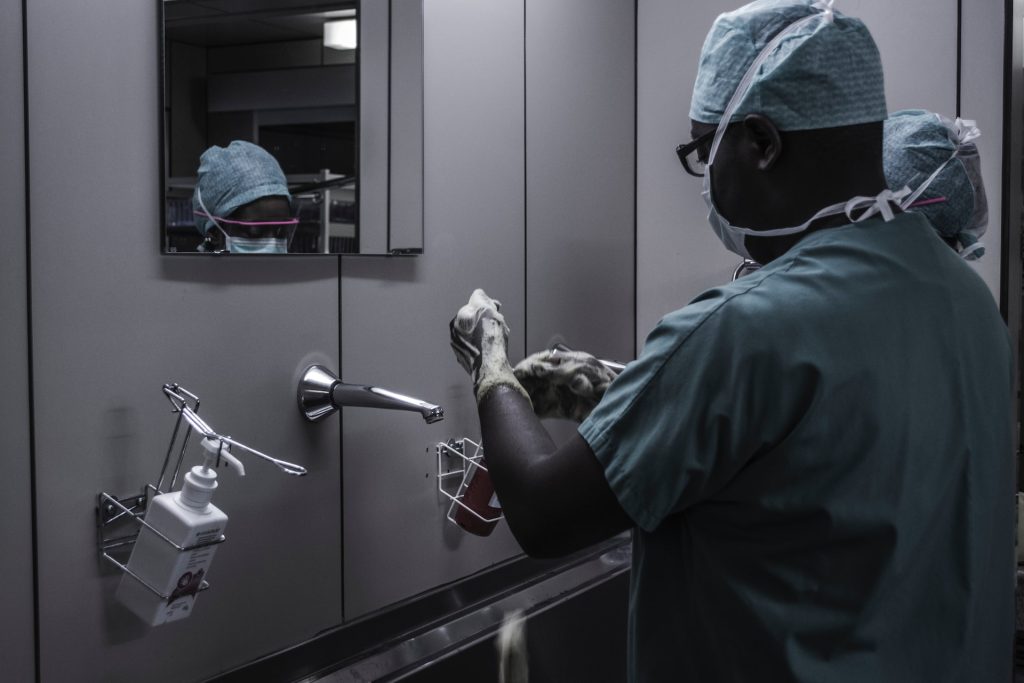Proper Handwash Basin Design and Use is Critical to Controlling AMR

Some 10 million people annually are projected to die annually from antimicrobial resistance AMR in 2050, says Briëtte Du Toit, Programme Manager and Training Coordinator at Infection Control Africa Network (ICAN). While efforts to develop new antibiotics and conserve current ones are under way, it is vitally important to limit hospital-acquired infections as this is where many resistant strains spread. One of the key ways of controlling this is through the proper use of handwash basins, which necessitates a collaboration between the medical and engineering disciplines.
Presenting at the 14th SAFHE Southern African Healthcare, Du Toit stressed the importance of proper handwashing protocol and the critical importance of handwash basin design and placement to control the spread of hospital-acquired infections amid rising antimicrobial resistance.
The simple protocol of hand washing is perhaps one of the most important in modern medicine. In the past, clinicians might perform and autopsy and then deliver a child, all without washing their hands. It was only until the mid 1800s when Hungarian doctor Ignaz Semmelweis discovered the importance of hand washing, causing infection rates to plummet after the introduction of this most simple of protocols.
In modern hospitals, handwash basin design and placement, along with inadequate water supply and inadequate knowledge on the part of staff, contributes to inadequate hand washing and therefore high infection rates, Du Toit pointed out.
The design of handwash basins may seem straightforward, but there are many factors to consider. Water may drop onto other surfaces, or splash onto HCWs’ clothes. If medical supplies are stored nearby, then stray water droplets may also land on them.
A study of handwash basins showed that only 23% of basins were used for handwashing, while the remainder were used for a variety of activities including waste disposal. Of the basins used for waste disposal, 55% were contaminated. Another study showed that, in the ICU setting, washbasins were used for handwashing a mere 4% of the time. A sluice is also needed in close proximity to patients, otherwise staff will use handwash basins for incorrect disposal of body fluids.
Having the outlet directly beneath the tap as in a traditional domestic basin increases contamination. A bowl depth less than 19cm also contributed to contamination. Without a bowl cover, 9% of gowns and 6% of hands were found to be contaminated with gram-negative bacili (GNB), versus 2% of gowns and 0% of hands when a cover was present.
Significant improvements were also seen in ‘water-free’ protocols at the point of care, which involved the extensive use of disposable wipes, bottled water and practices such as using electric shaving. The implementation of water-free protocols at one hospital saw a drop in GNB colonisations from 26.3 to 21.6 / 1 000 ICU admission days. An even greater effect was seen for long-term ICU stays, with a 3.6 fold-reduction for stay exceeding 14 days.
Du Toit concluded by stressing the importance of collaboration between the medical and engineering fields, sharing data. Engineers should also be on IPC committees. Likewise, medical personnel should be part of the project team during building and renovations.


